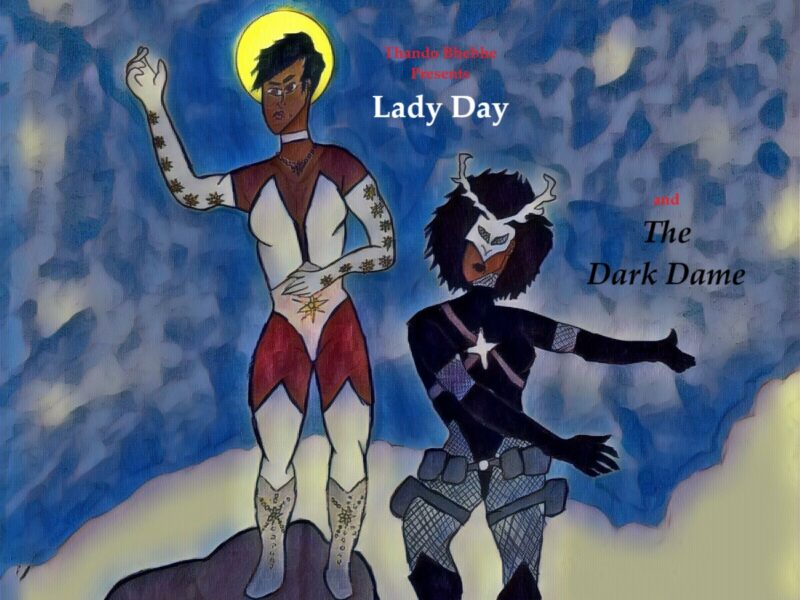– Graeme Gordon, staff
The KONY 2012 movement began March 5th and by the following Saturday, the video had gone super-viral, fast-approaching a 100 million views. Invisible Children (IC), a nonprofit NGO based in San Diego, California, is responsible for the immensely popular video that has been generating much hype and support for the organization. With the rise in success there has also been a parallel rise of criticism of the charity.
A primary concern critics have been raising about IC is the use of fundraising money, where only 32 per cent of the funds last year actually went towards direct services that help people in Uganda. Jason Russell, the spokesperson and filmmaker of IC, defended his organization’s three-prong approach on Piers Morgan Tonight, one of many TV appearances he has made in his media circuit, “We’re an unorthodox organization … we break it down into three m’s. We have the movie, which is going viral, and that costs money to make powerful movies … so we spend about a third of the fundraising dollars on the movie to make it amazing. And then we spend a third on the movement [volunteers, van tours, t-shirts, websites] that’s powerful and aggressive. And finally, third, is the mission, which is to end the war, to stop Kony, and rehabilitate the war-affected children through education, reintegration and building jobs for the community.” Russell points out that IC is transparent about its spending as its annual budgets are publicly displayed.
Yet critics are not put at ease by this full disclosure of IC’s expenses because the budget clearly shows the bulk of spending goes to salaries, travel, movies and advocacy, not Ugandans. Mareike Schomerus, the director of Justice and Security Programme at the London School of Economics and Political Science and an expert on Joseph Kony, is staunchly opposed to the IC movement in an article she wrote for CNN.
“The point made is conformist: Fight violence with violence, dismiss intricate steps of social change and make a narrow ideology mass-compatible by having millions of unquestioning people raise their fists in support. For the U.S., Europe and other generally comfortable corners of the world, this is a worrying picture of a mass culture that easily falls for propaganda,” said Schomerus. She sees the IC’s video as manipulative and over-generalizing a very complex issue with over a 20 year history.
Russell disagreed that the movie’s message is an oversimplification of a complex issue. When he spoke on the Today Show he said, “In math you don’t start with calculus, you don’t start with algebra, right? There’s complicated issues in the world, we know that. Afghanistan, Syria, Somalia, these are complex issues. Kony’s not: he’s one-plus-one.” Russell believes that the ultimatum to capture Kony by the end of 2012 is a simple task of mobilizing the developed world’s citizens in putting up posters all-over cities across the world, for them to wear IC’s merchandise (bracelets, t-shirts) and to fund IC with donations.
Yet critics point out that Joseph Kony, the notorious leader of the Lord’s Resistance Army (LRA) and the polarizing problem for IC’s cause, left the country years ago and is now on the move in south Sudan and Congo. The film distorts these facts about Kony, suggesting he only recently left and that capturing Kony is the be-all-end-all for solving the conflict in Uganda. An article from the Foreign Affairs website points out that IC and other NGO’s exaggerate the facts in Uganda and the effect that they have on U.S. policy. The claim in the KONY 2012 video that IC’s lobbying finally started U.S. involvement in Uganda, when Obama announced sending troops to the country, was false. The U.S. had supported the Ugandan army with Africa Command (AFRICOM) for years, and the new initiative was no more than 100 troops for a training-role with the Ugandan army. The article also points out that the Ugandan army is corrupt, with reports of rape, pillaging, torture and the use of child soldiers as well. Russell’s video does not divulge any of this information, or the fact that his organization supports this corrupt army.
Grant Oyston, a second year sociology and political science student at Acadia University in Nova Scotia, has ridden the videos wave of popularity with his blog. Oyston wrote a critical response to the video on the social-media site Tumblr, two days after the KONY 2012 movement began, and has since had over 2.2 million visitors. He has since been contacted by world media organizations, turning down offers of interviews with Al Jazeera, FOX, BBC, and NBC (however, he did appear on Mark Kelly’s show, Connect, on the CBC). Oyston’s objections with the site brought fierce reaction from over-zealous supporters, some even sending him death-threats.
Oyston has also been contacted by Russell, offering to fly him o
ut to San Diego and Africa to show him the operations of IC. Oyston humbly declined the offer, finding it against his code of ethics to be flown around with donation money from IC. When contacted by email, Oyston explained, “It’s my understanding that Jason had hoped that I would better understand the organization and its past successes. I’ve never denied that IC has done enormous amounts of good work, but I think he hoped that seeing it with my own eyes would change my perception of the organization.”
Oyston does not revel in the exposure and popularity he has received in the past week, but would rather people focus their attention to the experts on the issues of Uganda and Joseph Kony. “Now’s the time for me to step out of the spotlight to make room for those with more knowledge and experience, especially those who live in regions that are or have been affected by the LRA,” he said. In Oyston’s blog he urges people to engage in discussion and to seek out other sources than the video to come to an educated decision on whether or not to support the IC’s KONY 2012.
It appears many people are not doing this, and are close-minded to any objections to the movement. Instead of approaching the issue with logic and reason, many are getting caught up in the persuasive video that appeals to the emotions. Many people on Facebook are supporting the cause without question, resulting in what sociologists call “premature closure”. The textbook Basics of Social Research states that premature closure “occurs when a person feels he or she has all the answers and does not need to listen, seek information, or raise questions any longer.” The KONY 2012 movement demonstrates this unquestioning faith that many have for the IC’s message, basing their support for a cause solely on the manipulated message of a 30 minute video, instead of delving into the truth of the matter.



